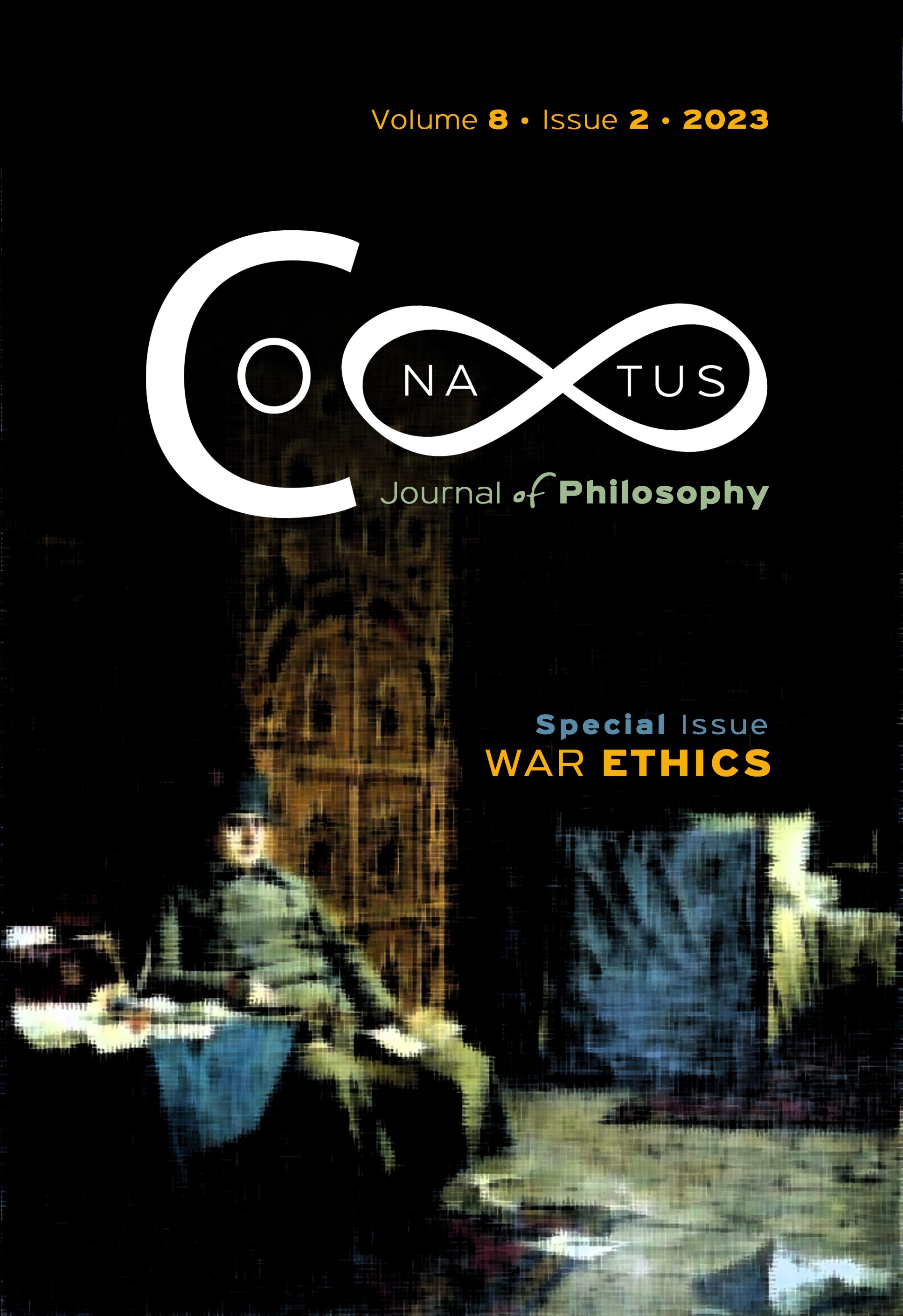An Ethic of Military Uses of Artificial Intelligence: Sustaining Virtue, Granting Autonomy, and Calibrating Risk

Abstract
Artificial intelligence in military operations comes in two kinds. First, there is narrow or specific intelligence – the autonomous ability to identify an instance of a species of target, and to track its changes of position. Second, there is broad or general intelligence – the autonomous ability to choose a species of target, identify instances, track their movements, decide when to strike them, learn from errors, and improve initial choices. These two kinds of artificial intelligence raise ethical questions mainly because of two features: the physical distance they put between the human agents deploying them and their targets, and their ability to act independently of those agents. The main ethical questions these features raise are three. First, how to maintain the traditional martial virtues of fortitude and chivalry while operating lethal weapons at a safe distance? Second, how much autonomy to grant a machine? And third, what risks to take with the possibility of technical error? This paper considers each of these questions in turn.
Article Details
- How to Cite
-
Biggar, N. (2023). An Ethic of Military Uses of Artificial Intelligence: Sustaining Virtue, Granting Autonomy, and Calibrating Risk. Conatus - Journal of Philosophy, 8(2), 67–76. https://doi.org/10.12681/cjp.34666
- Section
- Articles
- Categories

This work is licensed under a Creative Commons Attribution-NonCommercial 4.0 International License.
Authors who publish with this journal agree to the following terms:
Authors retain copyright and grant the journal right of first publication with the work simultaneously licensed under a Creative Commons Attribution Non-Commercial International License (CC BY-NC 4.0) that allows others to share the work with an acknowledgement of the work's authorship and initial publication in this journal.
Authors are able to enter into separate, additional contractual arrangements for the non-exclusive distribution of the journal's published version of the work (e.g. post it to an institutional repository or publish it in a book), with an acknowledgement of its initial publication in this journal.
Authors are permitted and encouraged to post their work online (preferably in institutional repositories or on their website) prior to and during the submission process, as it can lead to productive exchanges, as well as earlier and greater citation of published work.





